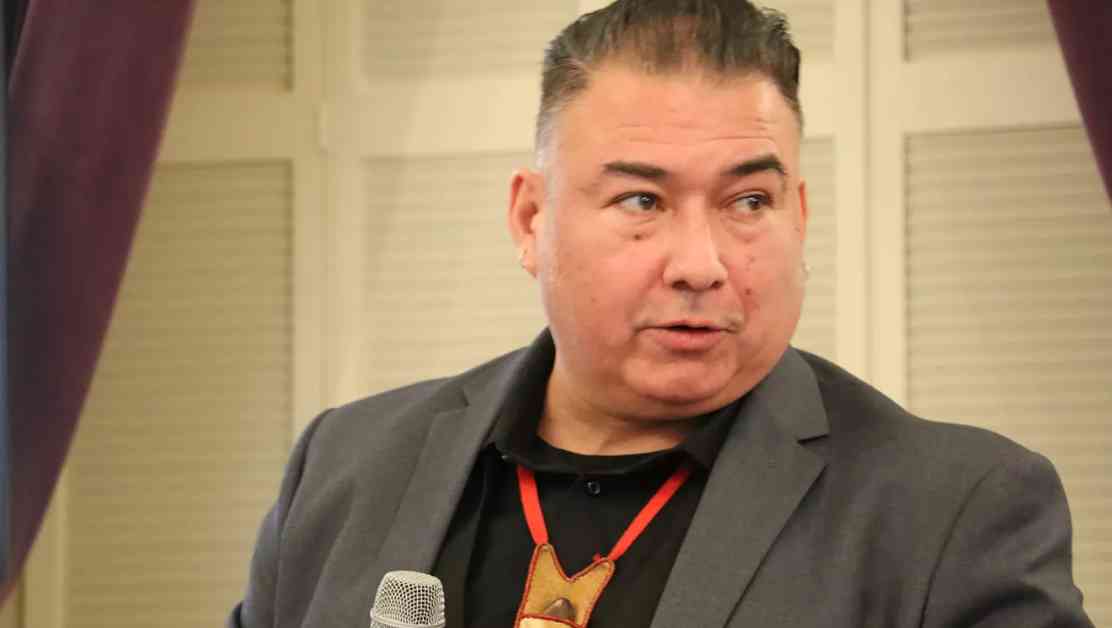Abenaki Forum Sparks Heated Debate at Vermont Statehouse
Abenaki leaders from Québec recently brought their grievances to the Vermont Statehouse for a forum that quickly turned into a tense shouting match. Rep. Troy Headrick (I-Burlington) organized the event, inviting members of the Odanak and Wôlinak First Nations and their supporters to discuss the flaws in Vermont’s tribal recognition process. The central question posed by the event was, “What If We Got It Wrong?: Continuing the Process of Listening to Unheard Voices.”
The claims made by the Odanak and scholars challenging Vermont’s tribal recognition process resonated with Headrick. He found their arguments “incredibly compelling” and hoped to persuade his colleagues to reconsider the issue. According to Headrick, the evidence suggests that the four self-identified Abenaki tribes in Vermont are not descendants of Indigenous people but rather of French Canadians and Europeans.
State tribal leaders vehemently opposed the claims made by the Odanak, feeling their legitimacy was under attack. Despite the presence of numerous lawmakers at the event, none expressed support for reopening the recognition process. Democratic leaders dismissed the issue, considering it resolved.
The Québec-based tribes first objected to Vermont lawmakers’ decision to recognize four tribes in 2011 and 2012. Over the past three years, the Odanak and Wôlinak tribes have publicly criticized the Vermont tribes as illegitimate and the state’s recognition process as flawed. Jacques Watso, an Odanak First Nation councilor, insisted that Vermont’s tribes were not true descendants of Abenakis. He argued that in the 1700s and 1800s, the real Abenakis resettled along the St. Francis River in what is now Québec.
Watso and others contended that in the 1970s, individuals of French Canadian ancestry in Vermont began to adopt an “idealized Abenaki identity” rather than confront their history of colonization. Watso highlighted that this cultural appropriation was not unique to Vermont but a global issue. During the forum, members of Vermont’s four tribes voiced their objections, challenging the guests to support their claims. Chief Don Stevens of the Nulhegan Band criticized the group, calling their statements arrogant and historically inaccurate.
Rich Holschuh, an Elnu band member and former chair of the Vermont Commission on Native American Affairs, expressed regret that the forum had devolved into a debate rather than a conversation. He questioned why there was more talking at decision makers and politicians instead of with each other. Holschuh even reached out to Watso, emphasizing their shared relationship, only to be met with a denial from Watso.
As tensions flared, Melody Ferland of the Abenaki Nation of Missisquoi intervened, telling a panelist to leave if they were not willing to engage constructively. Denise Watso, a New York resident and Odanak member, retorted, “I am home,” signaling her commitment to the conversation.









